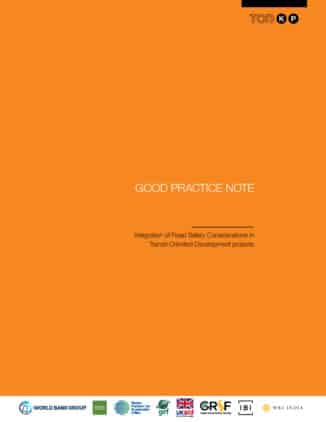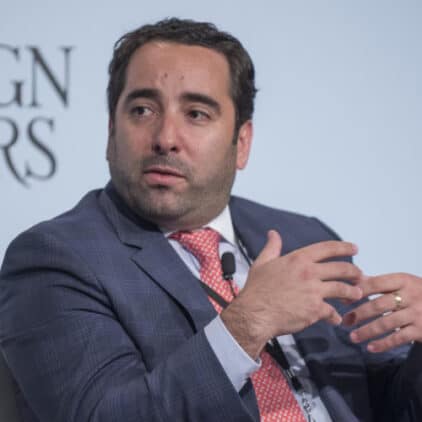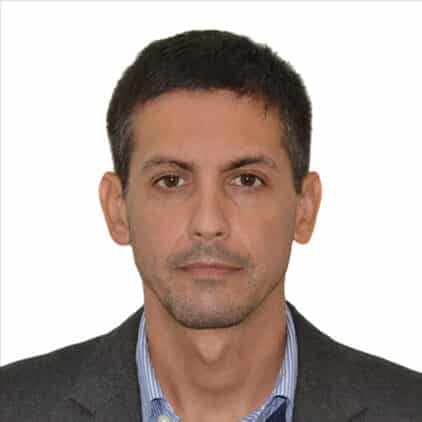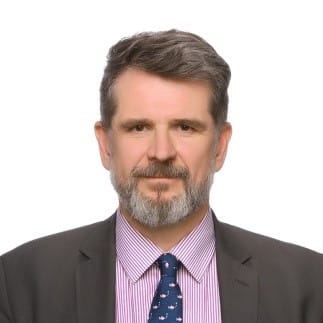Integrated Urban Planning in the Global South
Log in to a free account to view this content.
This session is the fourth and final session in a four-part workshop series highlighting the importance of road safety, in Transit-Oriented Development (TOD) projects, through the Five-Step process and Safe System approach. This session talks about the last two stages of the TOD framework from a road safety perspective – how to Finance and Implement road safety measures in a TOD project.
Financing of road safety measures in TOD require earmarking funds from the budget, but most importantly using innovative tools to ensure execution of safety strategies through development incentives that are offered to property owners and developers. Apart from that several other funding sources may be sourced through taxation, funds from state and federal levels or philanthropic organizations. Presentation on Haryana Vision Zero Road safety fund sheds light on such practices and how they can be used to fund road safety in TOD projects.
Implement of road safety in TOD requires addressing any gaps that may have been highlighted in the previous four stages. Along with that such high investment projects may require to be carried out through trials and phasing – as discussed through a case study of junction improvements near transit stations in Mumbai. Furthermore, monitoring and evaluations of outputs and outcomes may help in improving future implementation processes.
CHAIR
Felipe Targa, Senior Transport Specialist, The World Bank
SPEAKERS
PANELLISTS
Know more about the Global Road Safety Facility (GRSF) here: bit.ly/GlobalRoadSafetyFacility
This webinar is part of WRI India’s engagement with the World Bank on “Integration of Road Safety Considerations in Transit-Oriented Development Projects”, that has been prepared with funding from UK AID, through the Global Road Safety Facility (GRSF).
This resource is part of a suite of learning products linked with the following publication.

This note has been prepared by WRI India as part of the assignment: “Integration of Road Safety Considerations in Transit-Oriented Development Projects” for the World Bank with funding from UK AID, through the Global Road Safety Facility (GRSF).









